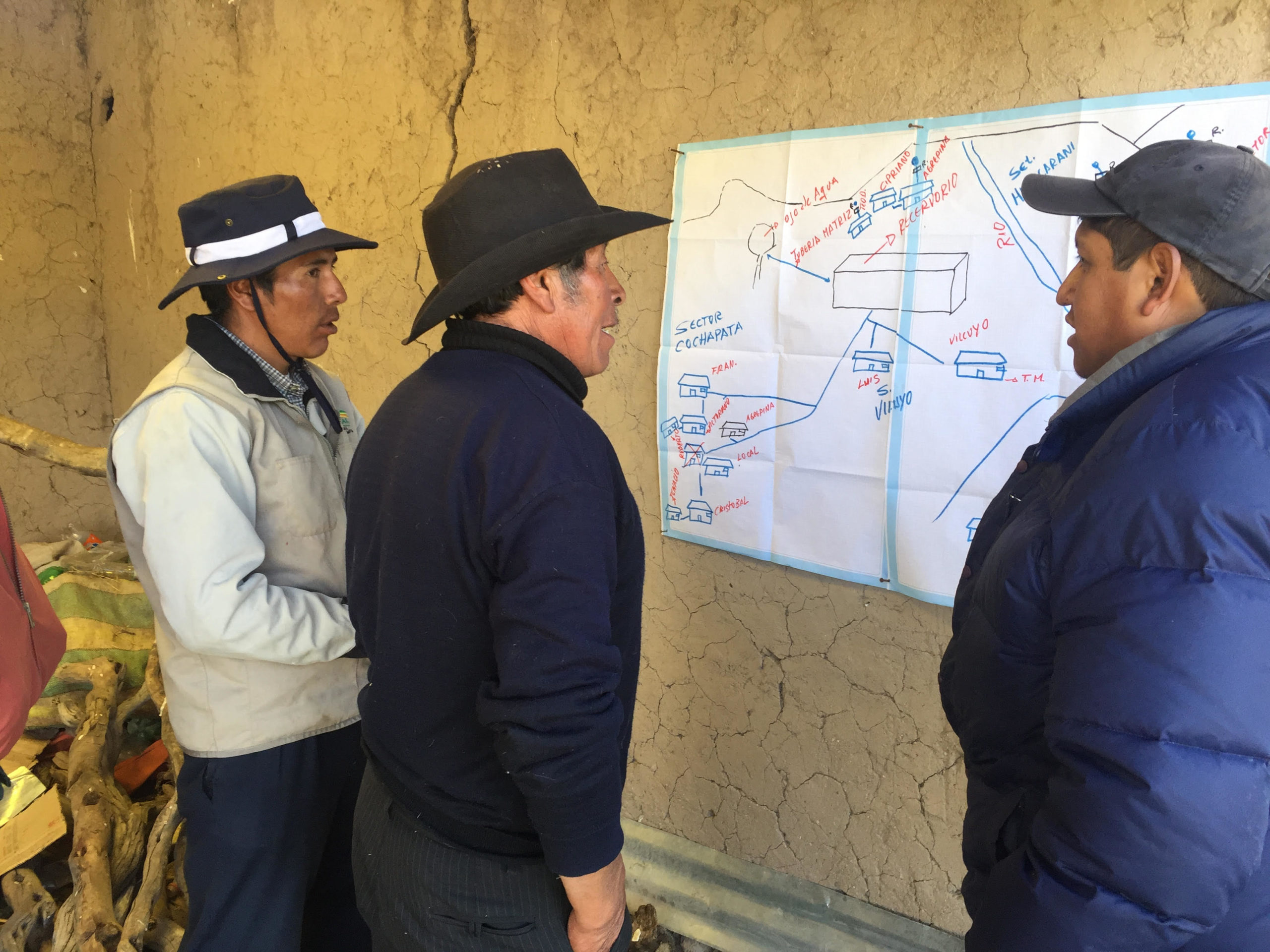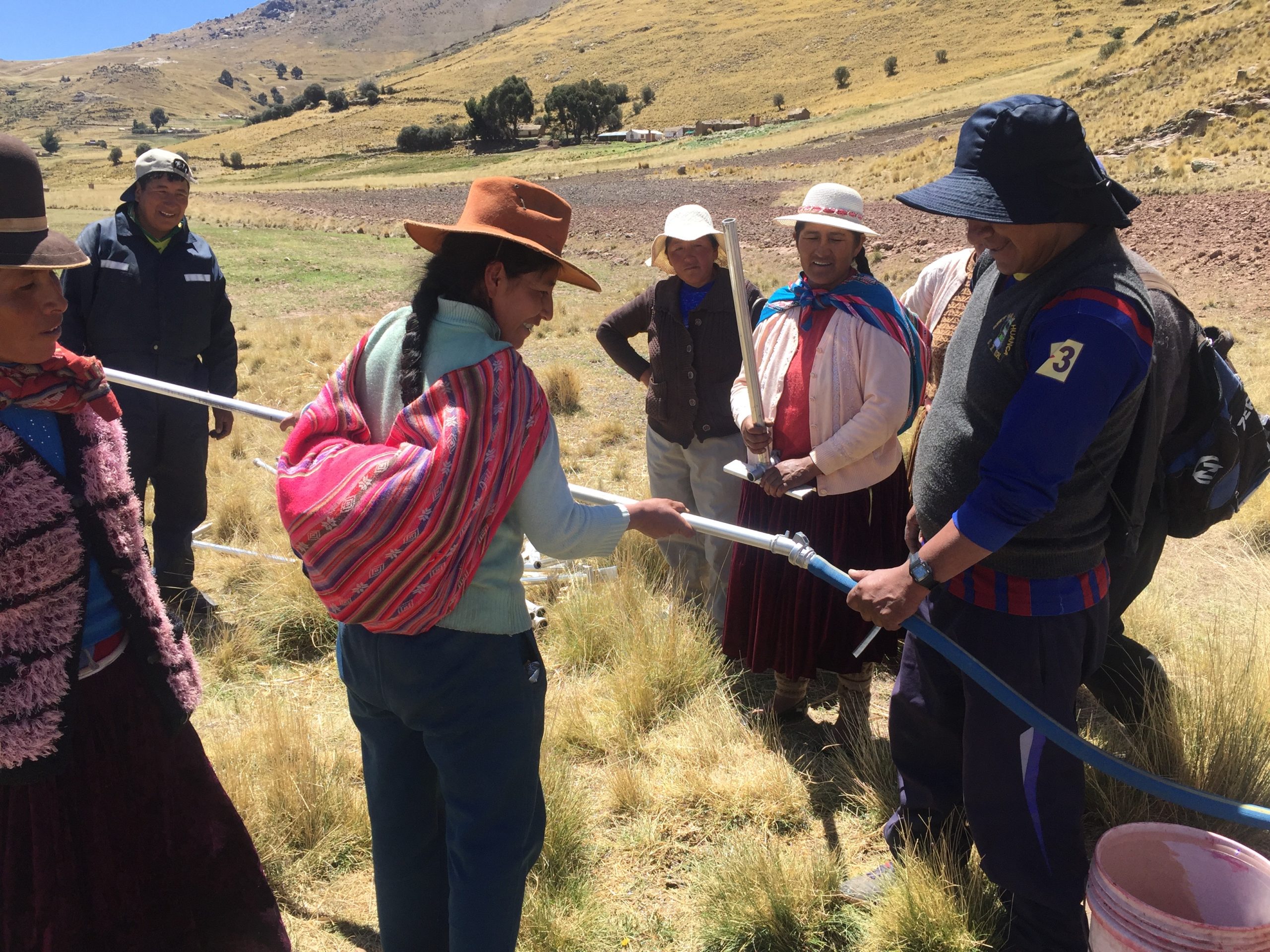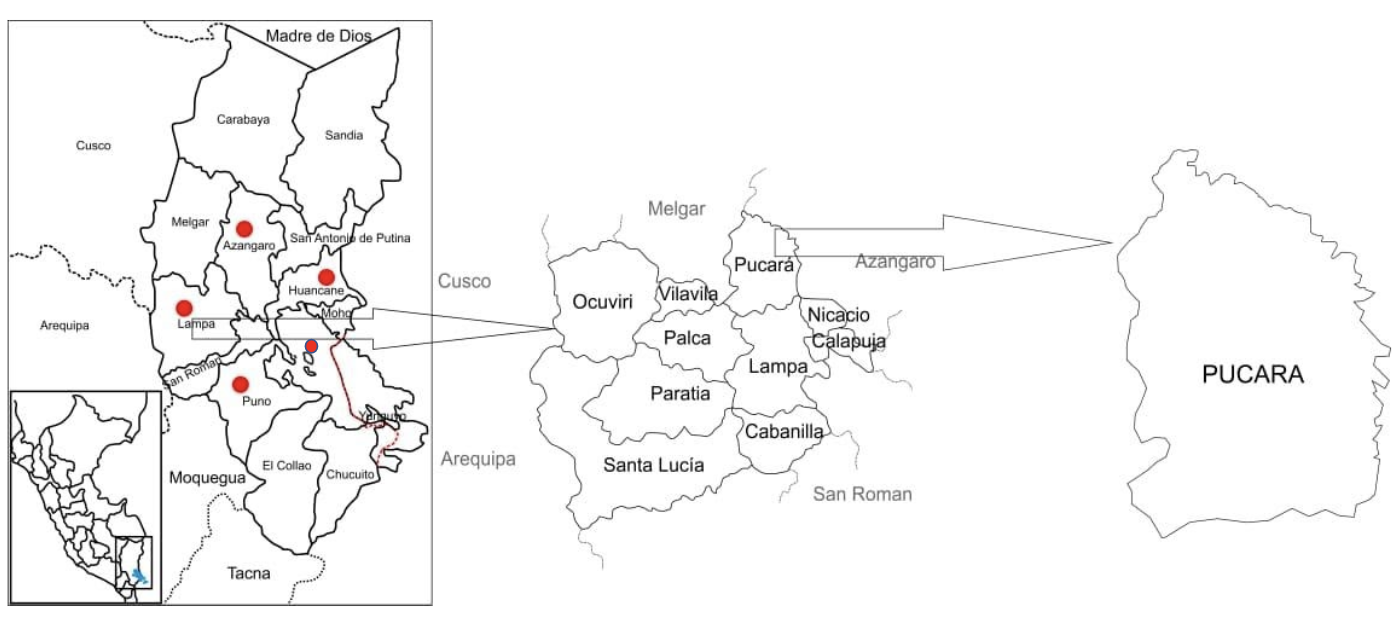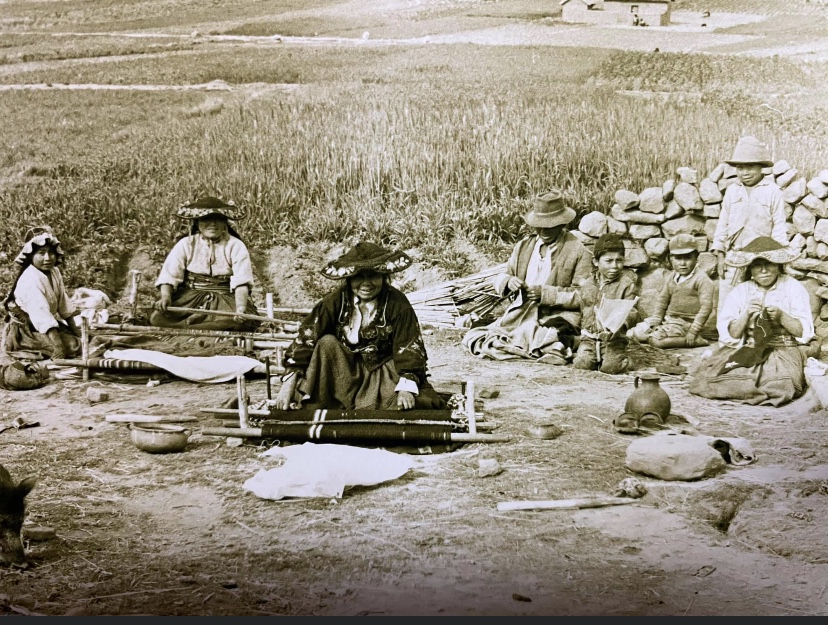About Us
Our Philosophy
Our Mission
Community and Collaboration
How We Work
Important Facts
- As a US-based nonprofit, we strive to be allies to indigenous communities and support community-led efforts that do not perpetuate colonialism or neocolonialism.
- All administrative expenses of the Foundation are covered by donations from Board members; all private individual donations are devoted exclusively to projects in Peru.
- Members of the Board of Directors of the Foundation are all volunteers who pay their own expenses to attend Board meetings and when working on projects in Peru.
- The Foundation receives no government funding for any of its projects.


- Once a community becomes a partner, we work with them long term to develop a comprehensive development strategy and on-going collaboration to meet their goals. We do not engage in hit-and-run humanitarian work. We emphasize self-help and sustainable development.
- All projects must emerge from the community itself and be based on the perceived needs of members of the community. To assure success, our Board members and the Pro-DIA staff serve as consultants, assisting the community in planning the implementation of approved projects.
Where We Work
The Chijnaya Foundation works in the Puno region of Peru, a southern state that borders Bolivia. In Puno, our work is focused in the altiplano, a geographic area of high altitude plains and rolling hills that is located at elevations of 12,500 feet and above. The Foundation has worked with communities in the following six districts in Puno: Pucará, Choquehuanca, Taraco, Paratía, Capachica, and Amantani.

Our History
The Foundation organized its work as a 501c(3) in New Mexico in 2005, following a visit to the community of Chijnaya, Peru, by Dr. Ralph Bolton, an anthropologist who worked there as a Peace Corps Volunteer, 40 years earlier. The remarkable visit after four decades provided the opportunity to renew relationships and, at the request of the people, partner again with them on projects to address challenges within their community. Since 2005, the Foundation has worked with a total of 32 communities in the surrounding Lake Titicaca Basin.
The future of the work is bright, with many opportunities to expand projects and engage communities in their own development. We increasingly partner with public and private entities and volunteers to accomplish projects: the Peruvian American Dental Association, Suma Marka, Engineers Without Borders at the University of California-Berkeley and Utah State University, Lifeboat Foundation, Global Water Watch, Reserva Nacional Titicaca, the Loma Linda University School of Public Health, Lions Clubs, student volunteers (from eight universities in the United States thus far, University of Trondheim in Norway, and the National University of the Altiplano), the Peruvian Ministries of Health and Education, the Peruvian Navy, the Libraries Department of the Municipality of Lima, and the Municipal Council and Museum of Pucará.
To expedite the work in Peru, the Foundation has incorporated an operating arm, “Asociación Pro Desarrollo Integral del Altiplano en Peru,” to act in a fiduciary capacity in Peru. The Pro DIA Association is led by President Dr. Javier Avila and Executive Director David Cajo. We are organized to get the work done and to evaluate our outcomes in order to become even more effective.

